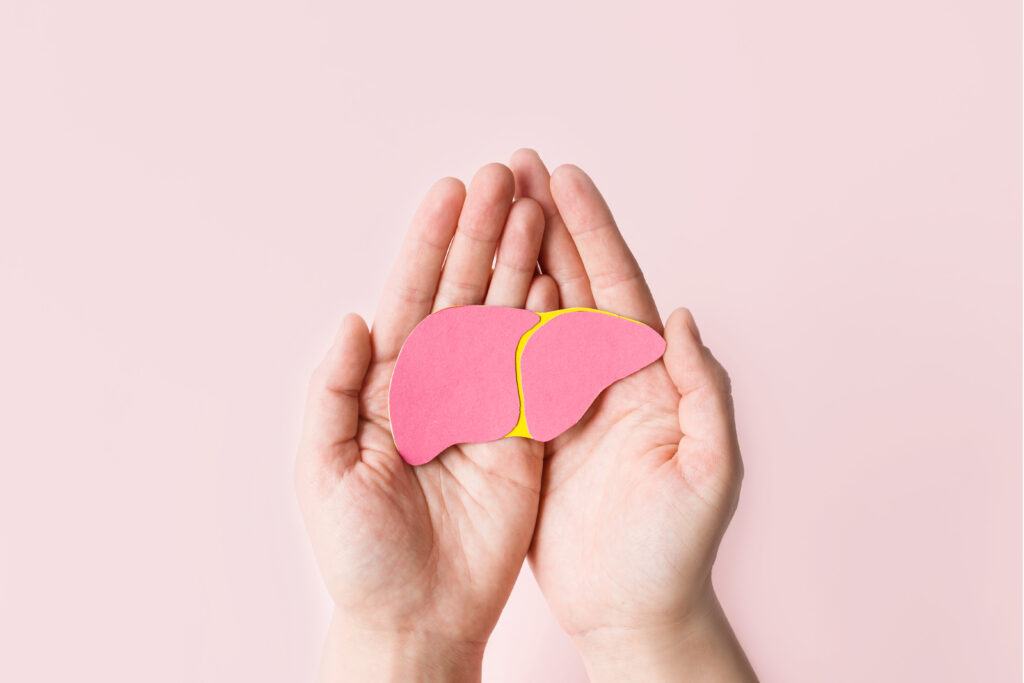
The role of the kidneys is to filter toxins from the blood and create urine, releasing waste from your body. Kidney disease occurs when your kidneys can't function sufficiently, causing waste to build up in the blood and damage your organs.
This disease develops as a result of lifestyle choices and/or co-existing medical conditions. Untreated kidney disease can lead to kidney failure, yet intervention can keep the condition from progressing. One of the first steps in securing a diagnosis is recognizing the signs. What are the symptoms of kidney disease? How is it diagnosed and treated? And how can management give you back your life?
What are the symptoms of kidney disease?
One of the primary symptoms of kidney disease is a change in urination. Damaged kidneys will boost your urgency to urinate. You may also have foamy or bloody urine. When the filtration system of your kidneys is damaged, blood and protein pass more easily into your urine.
Another symptom of kidney disease is a sudden onset of fatigue. Damaged kidneys can't properly filter out unhealthy toxins from your blood. This can result in exhaustion. It may also disrupt your sleep and make renewing your energy more difficult.
Swelling in your feet can also be a sign of kidney disease. Your body will hold onto more sodium, increasing water retention. The fluid then builds up in the extremities, causing swollen feet and ankles.
Many common symptoms of kidney disease mirror other illnesses: bad appetite, itchy skin, headaches, muscle cramps, and generally feeling "off." It's best to consult your healthcare provider so they can treat the root of your symptoms.
Risk factors for kidney disease
Diabetes is the main risk factor for developing kidney disease. Diabetic kidney disease is caused by damage to the kidney's blood vessels due to elevated blood glucose levels. Failing to manage your diabetes can up your chances of developing kidney disease.
High blood pressure (hypertension) can also lead to kidney disease. The kidneys are packed with a complex web of blood vessels. High blood pressure strains these. Over time, this harms your kidneys' ability to filter blood and produce the hormones that help regulate blood pressure. It can also lead to heart disease.
Another risk factor for kidney disease is a family history of the condition. Kidney disease may be inherited, but shared environmental conditions are often the root. These might include a history of heart disease/high blood pressure, limited medical care, chronic stress, social isolation, poor diet, and more.
If you believe you are at risk for kidney disease, it's important to monitor the health of your kidneys with a trusted healthcare provider.
Diagnosing kidney disease
Blood testing and urine testing are used to diagnose kidney disease. The GRF (glomerular filtration rate) blood test determines your kidneys' filtering capabilities. The test scores read:
- 120 to 60: Normal kidney function
- 60 to 15: Possible kidney disease
- Below 15: Kidney failure
In urine tests, doctors will look for a substance called albumin. Albumin, a protein, will only end up in kidneys with poor filtration. Doctors may test solely for albumin levels or your albumin-to-creatinine ratio, which considers albumin that enters the urine across a full day. Both can indicate possible kidney disease.
Treating and preventing kidney disease
By prioritizing living a healthy lifestyle, you can reduce the likelihood of developing kidney disease. Minimizing stress, eating a healthy diet, and regularly exercising can help stop kidney disease from developing.
While diagnosed kidney disease cannot be cured, treatment may improve your quality of life and slow disease progression. Taking care of your overall health is the primary way to keep kidney disease under control. Lowering stress and getting enough sleep can help regulate your blood pressure. A healthier diet and exercise can decrease blood glucose/cholesterol and lessen the strain on the kidneys' blood vessels.
If your kidney disease stems from a medical condition, it's important to stay consistent with your treatment. Medication may be used to manage high blood pressure, heart disease, and diabetes. However, medications that interfere with your kidneys, such as anti-inflammatories, should be avoided.
You may require dialysis or a transplant in the late stages of kidney disease. Dialysis works by pumping your blood through an external filter to rid your blood of toxins that your kidneys can no longer remove. This artificial process can help improve your quality of life until a transplant becomes available.
Kidney disease cannot be reversed, yet management can help prevent your condition from worsening. If you are diagnosed with kidney disease, there is hope. Talk to your healthcare provider about how treatment can help you thrive.
Resource Links
- "Symptoms - Chronic kidney disease" via NHS
- "10 Signs You May Have Kidney Disease" via the National Kidney Foundation
- "Diabetic Kidney Disease" via the National Institute of Diabetes and Digestive and Kidney Diseases
- "How High Blood Pressure Can Lead to Kidney Damage or Failure" via American Heart Institute
- "Chronic Kidney Disease Basics" via the CDC
- "Family History and Kidney Diseases" via the National Kidney Foundation
- "Chronic Kidney Disease Tests & Diagnosis" via National Institute of Diabetes and Digestive and Kidney Diseases
- "Treatment - Chronic kidney disease" via NHS






